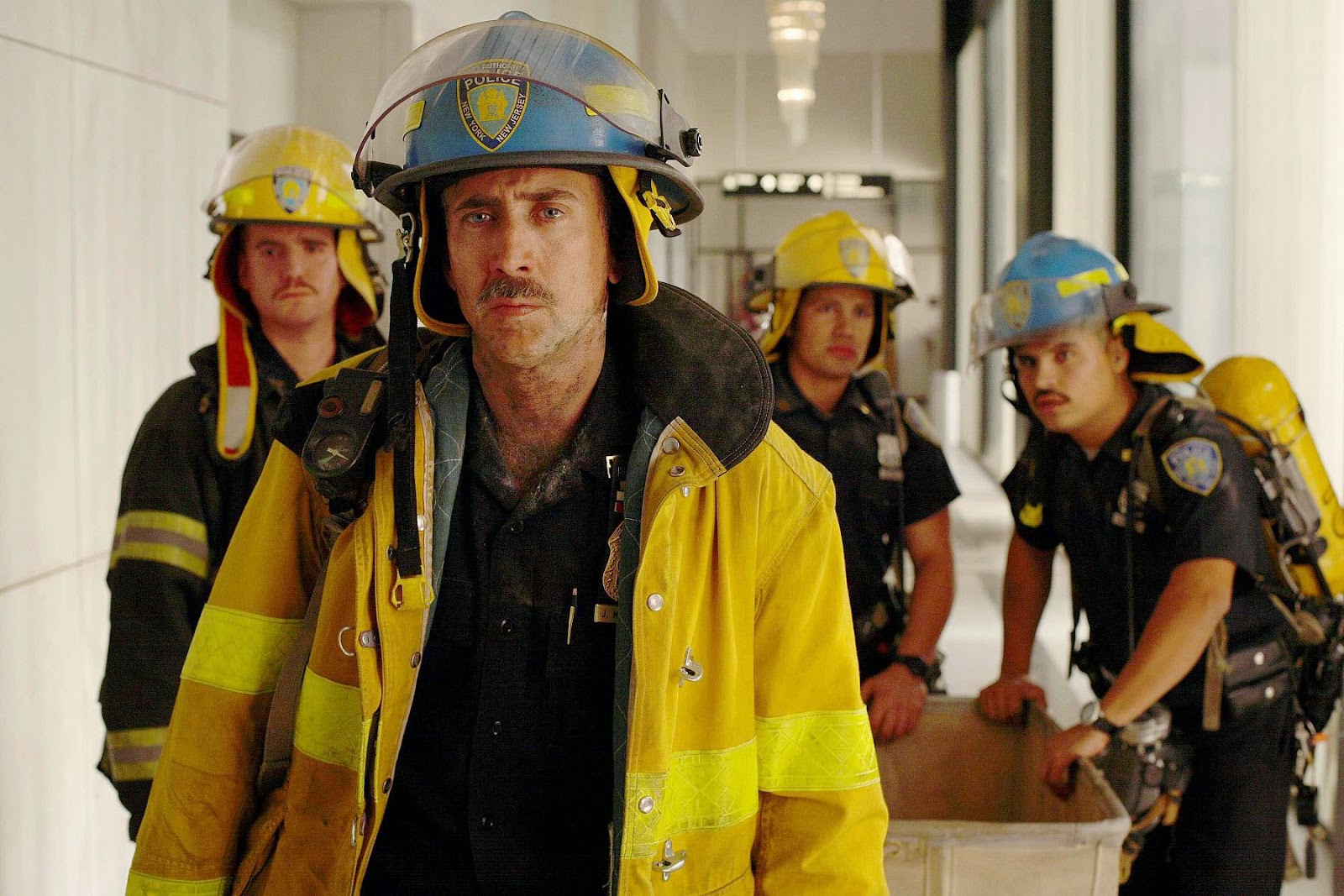Munich 2005, Defiance 2008, and United 93.
These three films are just prime examples of the acts of defiance and heroism that can happen in everyday life. The point of putting these movies together is to basically sell the idea and the belief that true heroes do exist. They don't need to wear capes or fancy outfits but heroes can rise from the darkest moments in history and defy the odds. Who knows how many lives those onboard United 93 saved by detouring it's target which very well could've been the Capital or the White House. The actos of two Jewish brothers who saved thousands of lives during the Holocaust was extroadinary given the magnitude of the situation, and became a real life Red Dawn scenario. This story is also landmark for the lineup because it shows a side of the Holocaust that many people don't know about which is that Jewish people did indeed fight back. We begin the evening with Steven Spielbergs 5 time Oscar nominated film Munich. Nominated for 5 academy awards including Best Picture, the film focuses on the true story of the Black September aftermath where five men choose to exact revenge on the ones responsible for the massacre of Israeli athletes during the 1972 Olympics. The theme of defiance begins here where five men put their lives on the line to serve justice for the massacre. The second film in the lineup takes us back through time to World War ll in Edward Zwick's powerful Holocausrt drama titled Defiance. From the director of Glory, Legends of the Fall, The Siege, The Last Samurai, and Blood Diamond, Defiance now centers around two Jewish brothers played by Daniel Craig and Liev Schreiber in a Nazi-occupied Eastern Europe who escape into the Belarussian forests, where they join forces with Russian resistance fighters. They plan led to them building a village in order to protect themselves and over a thousand Jewish civilians from the death camps. Drawing many parallels between real life and the story of Moses leading his people from bondage, the two brothers single handedly lead the Jewish community to salvation. The story behind Defiance is one of the greatest underrated stories of heroism and defience in World War ll. The final film of the evening brings it all together with the setting taking place on one of the darkest days in American History. In this hour, not only did it become one of the most horrifying events our nation ever experienced but it also became one of our defining moments. Paul Greengrass United 93 received unanimous acclaim from critics and audiences upon it's release for his remarkable depiction of the hijacking of Flight 93, and how 40 passengers sat down as complete strangers and stood up as one in the ultimate act of defiance. Even though the outcome is incredibly heartbreaking and boasts one of the most powerful endings in film history, it drives home the themes that all three films have been building up to that point.
So what are the messages behind these three films. Munich says that one violent act begets another. Defience says that with hope people can survive the most extreme circumstances. United 93 says that no one is safe from terrorism and that true heroes INDEED exist.
Our heroes for this evening:

















































(270310225624)fuoco_assassino_2.jpg)



